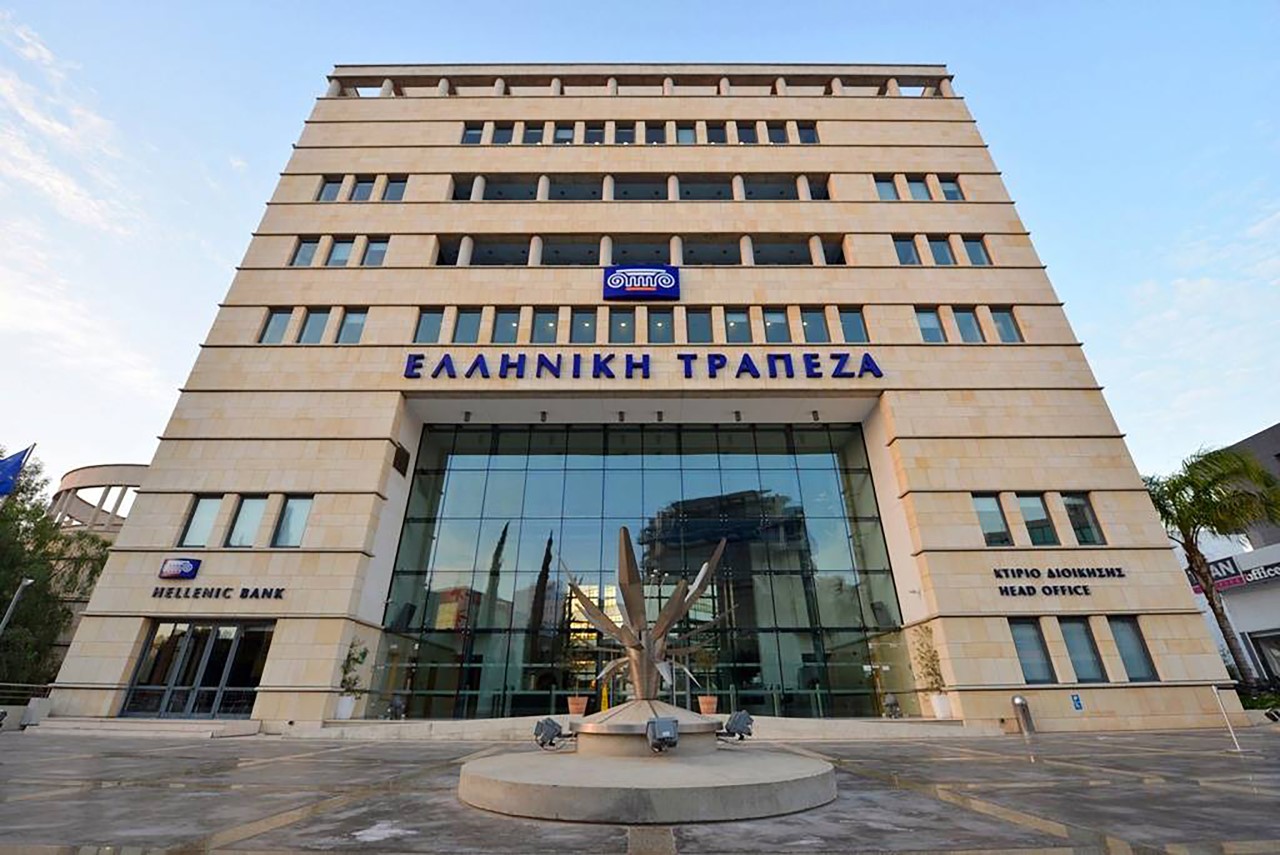Donald Trump speaks during a campaign rally on July 20, 2024, in Grand Rapids, Michigan. (Photo by Anna Moneymaker/Getty Images)
In an interview with Bloomberg Businessweek published earlier this month, Trump said that, if he wins a second term, he would push to slash the corporate tax rate:
“I brought the taxes down from 39% to 21%. What’s not to love? I then said, I’d like to round it off to 20 for simplicity reasons, I mean, it is, you know, believe it or not, it sort of makes sense and it’s still a lot of money. But I would like to get it down to 15 [%], if we could, because that would put us in the absolute lowest in terms of incentive.”
Trump correctly stated that he signed legislation in 2017 sharply reducing the corporate tax rate in his first term. The top rate was 35%, not 39% as Trump claimed, but it was still a very large cut. The reduction cost over $1.3 trillion over 10 years. According to the Congressional Research Service, corporations used the windfall mostly for “a record-breaking amount of stock buybacks, with $1 trillion announced by the end of 2018.” Stock buybacks are a way of increasing stock prices by reducing supply, which in turn benefits wealthy investors and executives with stock options.
Previously, Trump has been cagey about his plans for the corporate tax rate in a potential second term. Last September, when asked in an interview if it was true he’d cut the corporate tax rate to 15%, Trump responded: “I’d like to lower them a little bit if we could.” In January, the Trump campaign put out word that he was not interested in cutting the corporate tax rate further. Trump’s spokesman, Jason Miller, said Trump’s priority was preserving the 2017 cuts and then securing additional tax cuts for the working class. “In my most recent conversations with the president, he said that he really wants to focus more on small businesses than corporations,” Stephen Moore, an economic advisor to Trump, told the Washington Post. “I think he’s fine with the corporate rate where it is. He wants to keep intact the tax cut we did in 2017.”
The campaign’s eagerness to shift attention away from corporate tax cuts is understandable; corporate tax cuts are very unpopular. Research shows that just 14% of Americans want to lower corporate taxes. In contrast, 65% of Americans say they are in favor of raising the corporate tax rate. The policy is even unpopular among Republicans — only 23% support lowering the corporate tax rate.
Impact of a 15% Corporate Tax Rate
Nevertheless, Trump has confirmed he will push for a 15% corporate tax rate in a second term. Let’s look at the impact of such a policy. A 15% tax rate would mean a multi-billion dollar windfall to the nation’s largest and most profitable companies.
An analysis by the Center for American Progress (CAP) Action Fund, a progressive non-profit organization, found that reducing the corporate tax rate from 21% to 15% would “[g]ive the largest 100 U.S. companies (the Fortune 100) a total estimated annual tax cut of $48 billion.” These companies collectively “reported $1.1 trillion in profits in their last annual report.” To put the scope of the tax cut in perspective, the $48 billion cost is “larger than the entire FY 2024 U.S. Department of Education K-12 budget.”
The benefits to some individual corporations are stunning. Microsoft, Alphabet (Google), Apple, JP Morgan Chase, Amazon, and Berkshire Hathaway would all reduce their tax bill by $2 billion or more annually.
The annual benefit to the 10 companies that would benefit most exceeds $23 billion. This is more than double the combined annual budget of two critical federal agencies, the National Cancer Institute and the National Center on Aging. The five largest oil and gas companies — Exxon Mobil, Chevron, Marathon-ConocoPhilips, Phillips 66, and Valero Energy — generated over $93 billion in profits last year. Those companies would get a combined $2.5 billion windfall under Trump’s proposal.
The CAP Action Fund analysis was performed by looking at the “federal income tax expense” listed on publicly filed documents. This isn’t the exact same as federal taxes paid, but it provides a reasonable proxy. Corporations do not release their annual tax returns.
The Tax Foundation, a non-profit group focusing on tax policy found an even larger cost using a slightly different methodology. The non-partisan group found that lowering the corporate tax rate to 15% would “reduce federal revenue by $673 billion from 2025 to 2034.”






